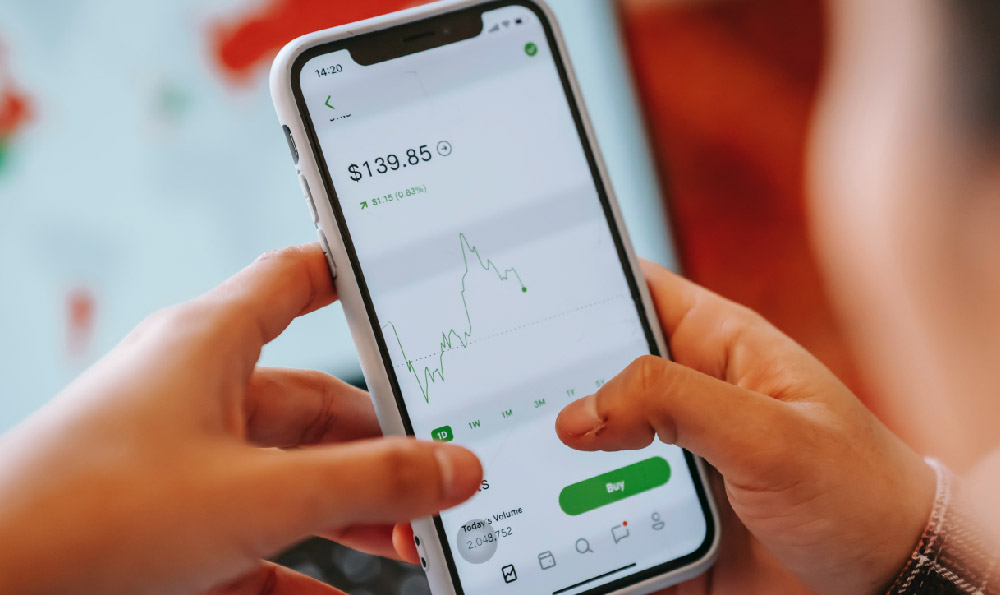How did Singapore get rich, and why does it matter?
Singapore's ascent to economic prominence is a fascinating case study in strategic planning, disciplined execution, and a relentless pursuit of global competitiveness. Understanding how this island nation transformed itself from a resource-scarce, newly independent state into a thriving global hub is not merely an academic exercise; it offers valuable lessons for other nations and individuals alike, particularly those navigating the complex world of investment, including cryptocurrencies.
The seeds of Singapore's success were sown by its founding father, Lee Kuan Yew, whose vision was to create a nation anchored on meritocracy, stability, and pragmatism. Facing immense challenges upon independence in 1965, including a lack of natural resources, high unemployment, and social unrest, Lee Kuan Yew and his team adopted a proactive approach, focusing on attracting foreign investment and fostering a skilled workforce. This wasn't about wishful thinking; it was about creating the conditions that would make Singapore an attractive destination for multinational corporations.
One of the key pillars of Singapore's economic miracle was its emphasis on education and skills development. Recognizing that human capital was its most valuable asset, the government invested heavily in building a world-class education system, focusing on science, technology, engineering, and mathematics (STEM) fields. This foresight ensured that Singaporean workers were equipped with the skills needed to compete in the global economy, attracting high-value industries and creating well-paying jobs. Think of this as a diversified portfolio in education, ensuring that the nation's workforce had the right assets to adapt to changing market conditions, much like a wise investor diversifies their holdings.

Furthermore, Singapore adopted a free-market economy, actively promoting foreign investment and trade. The government created a business-friendly environment by streamlining regulations, reducing red tape, and maintaining a stable political and economic climate. This created a sense of certainty and predictability that appealed to foreign investors, who were willing to commit significant capital to Singaporean ventures. Low taxes and incentives further sweetened the deal, solidifying Singapore's reputation as a premier investment destination. This mirrors the attraction of a well-regulated cryptocurrency exchange: transparency, security, and favorable conditions entice participation and foster growth.
Another crucial element of Singapore's success was its unwavering commitment to infrastructure development. The government invested heavily in building world-class infrastructure, including a modern airport, a deep-water port, and a reliable transportation system. These investments facilitated trade, attracted foreign investment, and enhanced Singapore's competitiveness. It's akin to building the blockchain infrastructure that supports cryptocurrencies; without a robust and efficient underlying network, the entire ecosystem suffers.
Beyond the tangible, Singapore cultivated a culture of integrity and efficiency. The government implemented strict anti-corruption measures, ensuring that public funds were used wisely and that businesses could operate without fear of bribery or extortion. This transparency and accountability built trust among investors and citizens alike, fostering a sense of collective purpose and national pride. This trust is paramount in the cryptocurrency world, where scams and fraudulent schemes are rampant. Singapore's example highlights the importance of regulation and oversight in building a trustworthy and sustainable digital asset ecosystem.
The relevance of Singapore's story to the world of cryptocurrency and investment is profound. Just as Singapore recognized the importance of attracting foreign investment and fostering a skilled workforce, cryptocurrency investors should focus on projects with strong fundamentals, innovative technologies, and dedicated teams. Understanding the underlying value proposition of a cryptocurrency project is crucial for making informed investment decisions.
Moreover, Singapore's emphasis on infrastructure development resonates with the need for robust and scalable blockchain technologies. Cryptocurrencies that can process transactions quickly and efficiently are more likely to succeed in the long run. Investors should prioritize projects that are actively working to improve their infrastructure and enhance their scalability.
Furthermore, Singapore's commitment to integrity and transparency underscores the importance of due diligence in the cryptocurrency market. Investors should thoroughly research the projects they are considering investing in, carefully examining the team, the technology, and the business model. They should also be wary of scams and fraudulent schemes, and only invest in projects that they fully understand and trust. The principles of risk management, diversification, and informed decision-making, central to Singapore's economic strategy, are equally crucial in the volatile cryptocurrency market.
Finally, Singapore's proactive approach to adapting to changing global dynamics serves as a reminder that the cryptocurrency market is constantly evolving. Investors need to stay informed about the latest trends and developments, and be prepared to adjust their investment strategies accordingly. This adaptability, combined with a long-term perspective, is essential for achieving financial success in the ever-changing world of cryptocurrency. Singapore's story isn't about a sudden windfall; it's about consistent effort, strategic planning, and a willingness to adapt – lessons that are invaluable for anyone seeking to navigate the complex landscape of virtual currency investment. The lessons learned from Singapore’s economic success extend beyond national borders, offering a framework for responsible and sustainable growth in the digital asset space.















